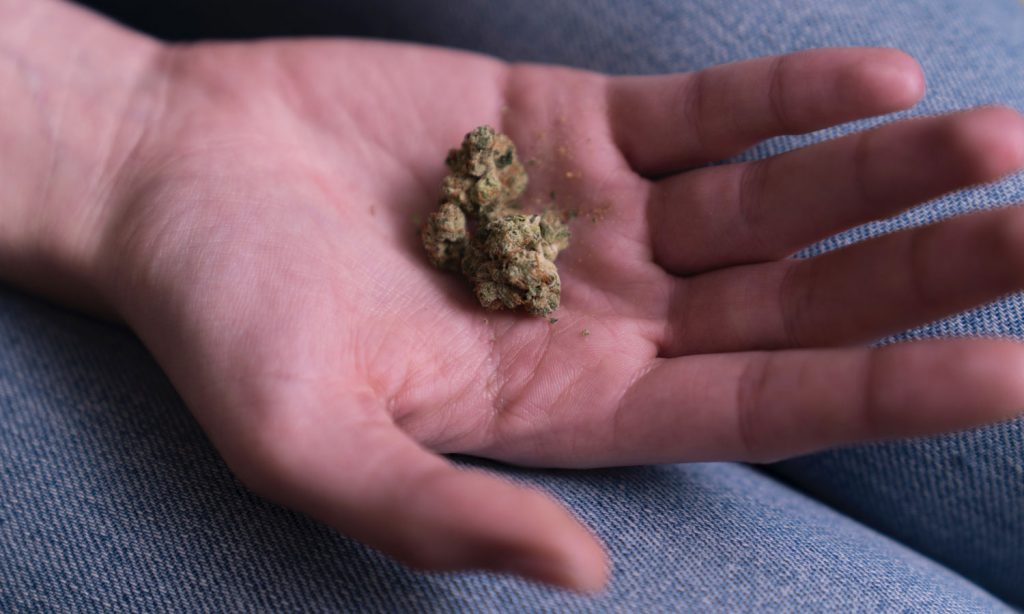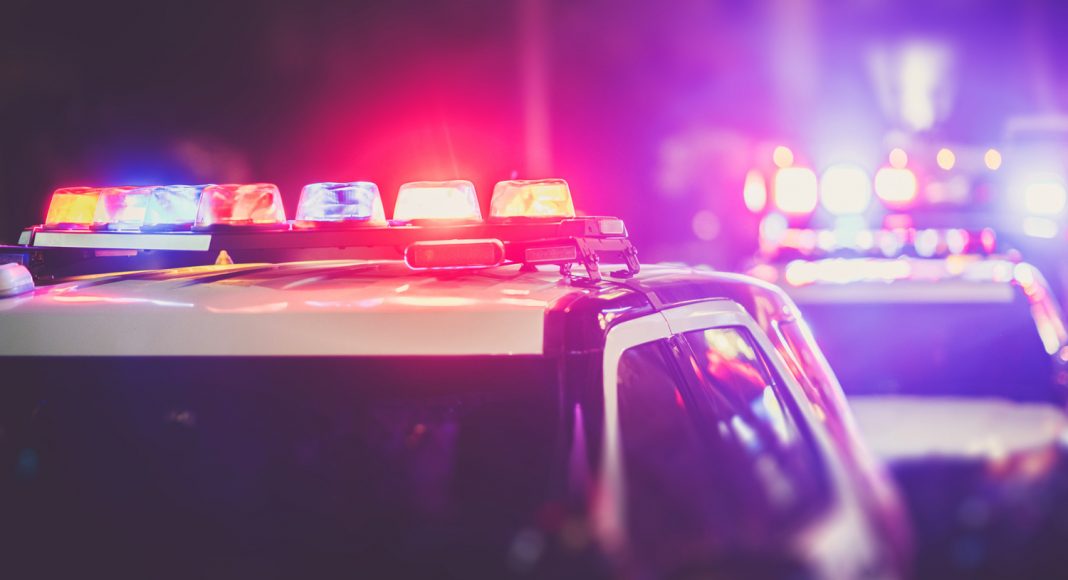Texas lawmakers created a sticky mess by legalizing hemp. Prosecutors and law enforcement won’t pursue low-level marijuana cases.
In its 2019 legislative session, Texas expanded medical marijuana access, lowered marijuana possession penalties, and legalized hemp. Individually, these acts would be seen as wins by cannabis advocates and Texans alike. Yet in combination these legislative movements have created a far stickier situation in the Lone Star state, due to misunderstanding the available technology and science around cannabis. So now you have Texas police defying Governor over marijuana.
In response to the confusion, Texas’ Department of Public Safety has told its officers not to arrest those caught with low-level marijuana possession (up to four ounces), and instead issue offenders a misdemeanor citation. Those issued a citation, reports the Texas Tribune, must appear in court and face criminal charges. If convicted, they could be facing jail time and a fine up to $4,000.
“Departmental personnel are expected to continue enforcing marijuana related offenses,” memo issued to Texas DPS officers states. “However, effective immediately, personnel will cite and release for any misdemeanor amount of marijuana.”
RELATED: The Surprising Effect Marijuana Legalization Has On Police Traffic Searches
Here’s the rub: Prosecutors across Texas are dropping marijuana cases like flies. The problem lies in the chaos lawmakers created by legalizing hemp. Marijuana and hemp often look indistinguishable from one another, particularly in flower form. Law enforcement who catches someone in possession of cannabis would have to prove it is marijuana and not hemp.
One surefire way to do that? Test the flower in question for THC content. By Texas law standards, any cannabis flower containing 0.3% THC or less is considered hemp. Anything more than that is classified as marijuana, which is illegal in the state.
“Because marijuana and hemp come from the same plant, it is difficult to definitively distinguish the two without a laboratory analysis,” the aforementioned memo states.

But such laboratory analysis is not readily available in most government crime labs. Outsourcing such testing would becoming prohibitively costly for many Texas counties. This conundrum has led many state prosecutors to dismiss low-level possession charges, due to lack of time or money. According to Texas Monthly, prosecutors in the five most populous counties have said they won’t prosecute any possession cases in the future.
This has led state leaders—all of whom are Republicans and included Gov. Greg Abbott—sent a letter to district and account attorney to remind them the hemp bill did not decriminalize cannabis. Prosecutors and law enforcement who think otherwise, state leaders wrote, “demonstrate a misunderstanding” of how the hemp bill works.
RELATED: These Oklahoma Marijuana Dispensaries Are Suing Facebook
“Failing to enforce marijuana laws cannot be blamed on legislation that did not decriminalize marijuana in Texas,” stated the letter.
Texas isn’t the only state facing this predicament. Florida suffers from a similar problem, with one county prosecutor telling the Tampa Bay Times, the state may see “de facto legalization,” due to the issue from testing marijuana’s THC content on a widespread scale. Another possible solution? Both states could just legalize it for real.


